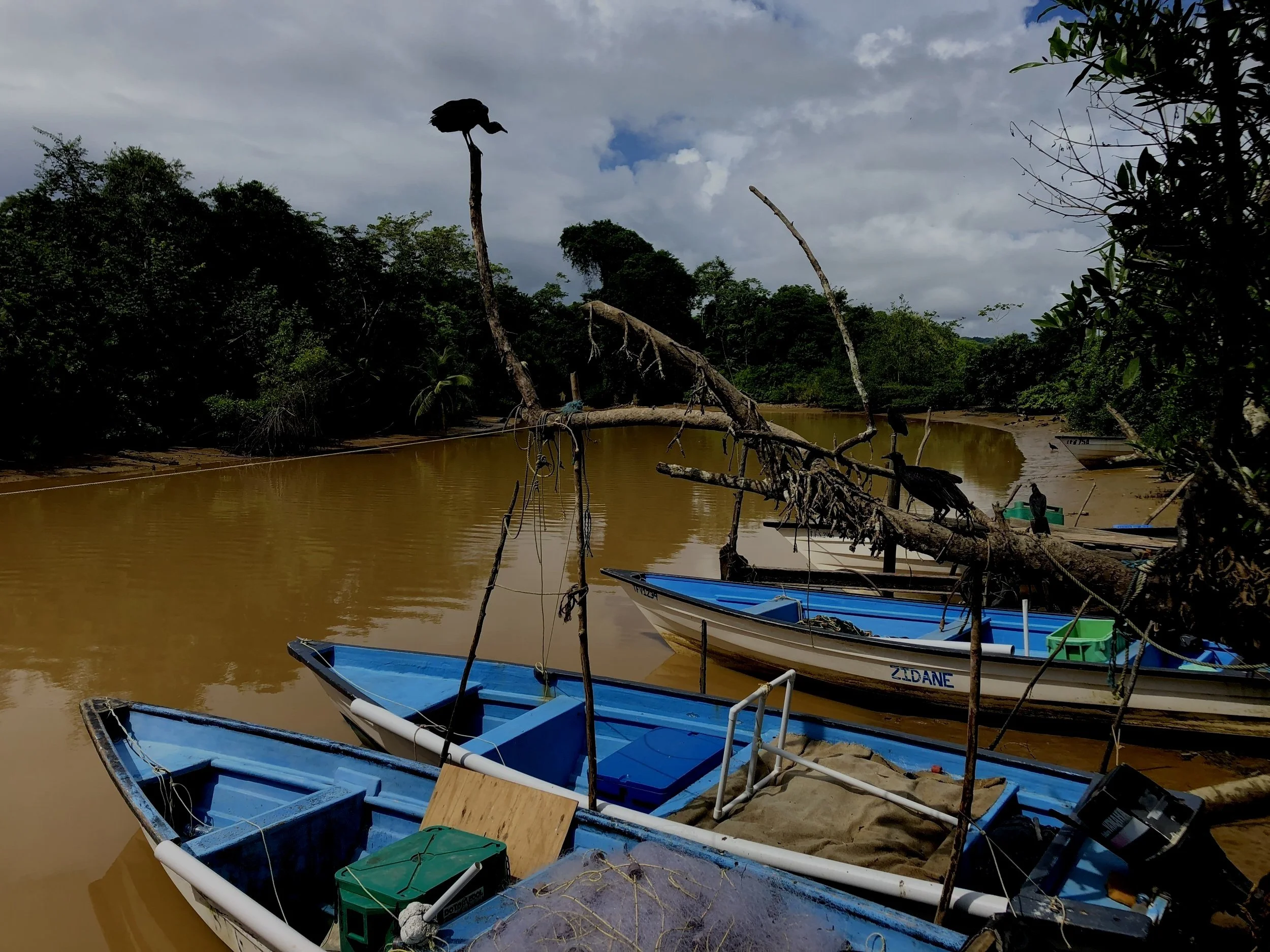
Convergent Crimes
Criminal Gangs
Criminal gangs are organised groups engaged in illegal activities such as drug trafficking, firearms smuggling, human trafficking, and increasingly, wildlife crimes like illegal trafficking and sales. In the Caribbean, gangs often exploit porous borders and fragmented enforcement systems to control lucrative black markets, including illegal trades in pets, wild meat, and other wildlife-derived products. These groups use violence, intimidation, and corruption to expand their operations and protect their interests—creating hostile environments for enforcement agencies and communities alike.
The presence of gangs significantly complicates wildlife enforcement by embedding wildlife crimes within broader criminal economies, making them harder to detect and prosecute. This increases risks for enforcement personnel, customs officers, and civil society actors, weakening the rule of law. Gang-facilitated trafficking further harms biodiversity through unsustainable exploitation of species, and has ripple effects on public health and community well-being, particularly in rural and coastal areas where enforcement capacity is limited and livelihoods are vulnerable.
As criminal gangs become more active in the wildlife crime landscape, there is an urgent need for integrated strategies that go beyond species protection to address the security and socioeconomic dynamics enabling these networks. Building intelligence-sharing frameworks and empowering local communities are critical next steps to respond to the compounded threats posed by gang-linked wildlife crime.
Related Blogs
Our blog section is growing. Check back soon for new posts related to this topic.
